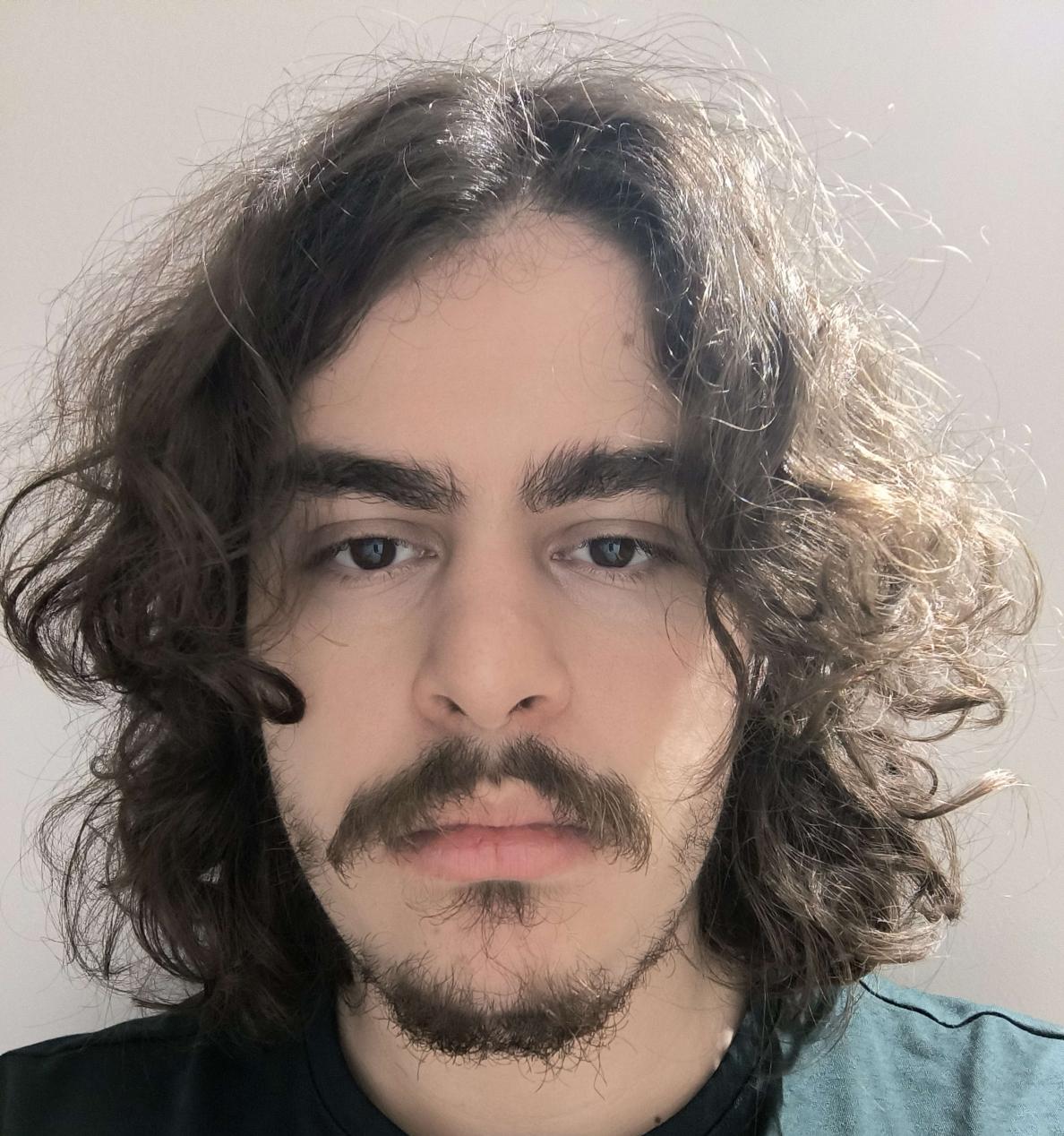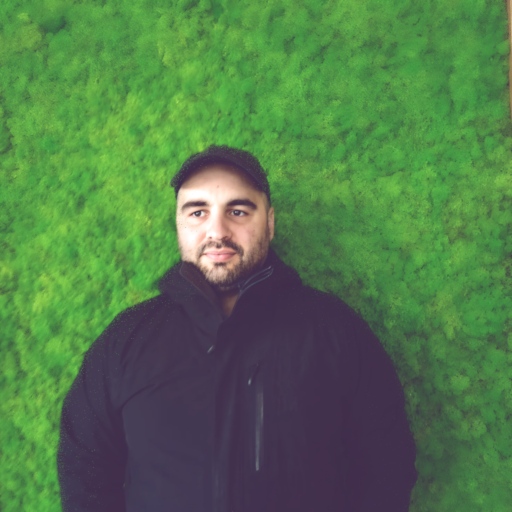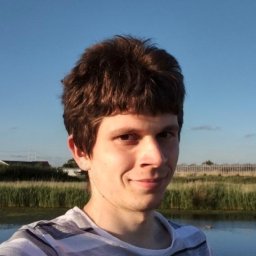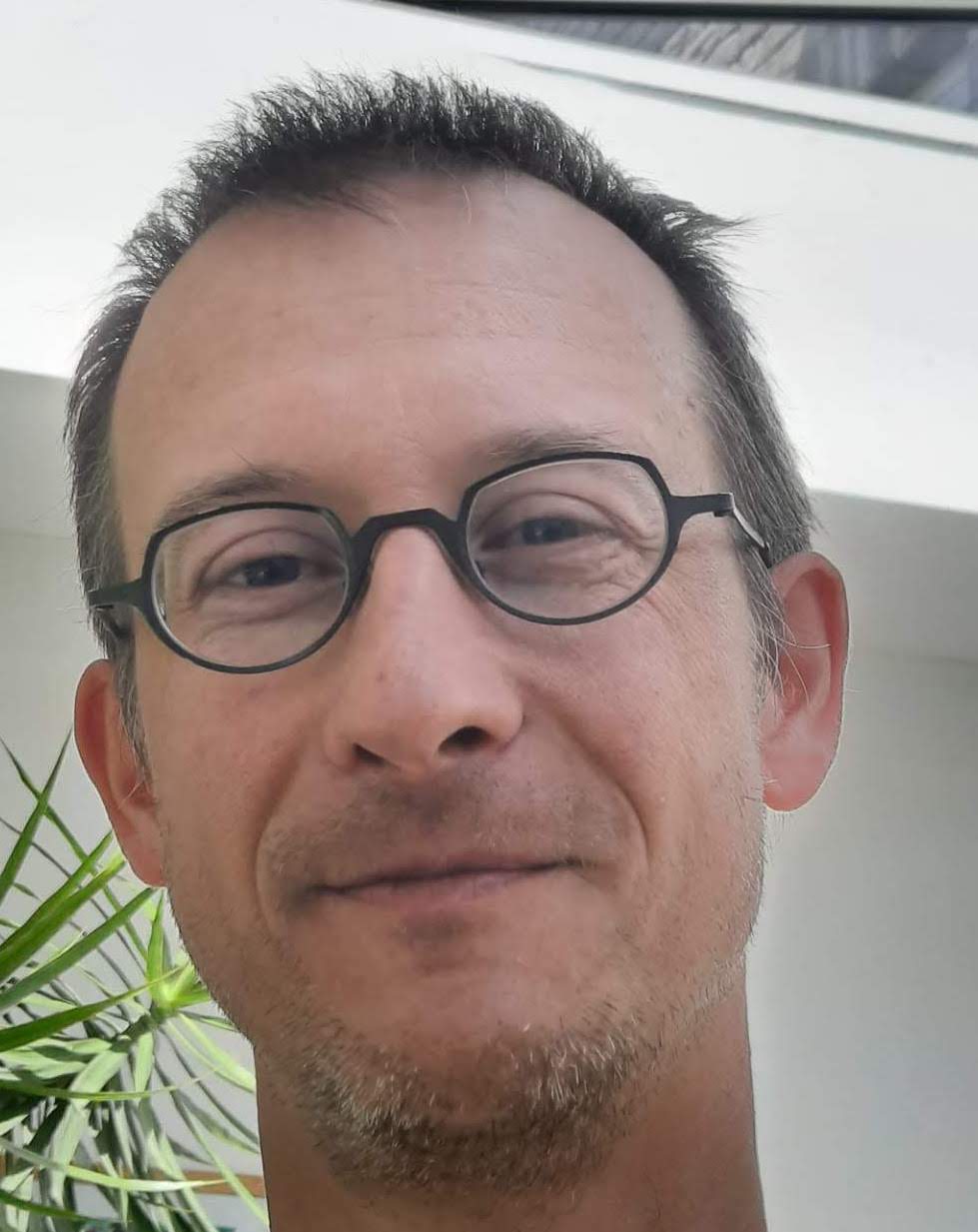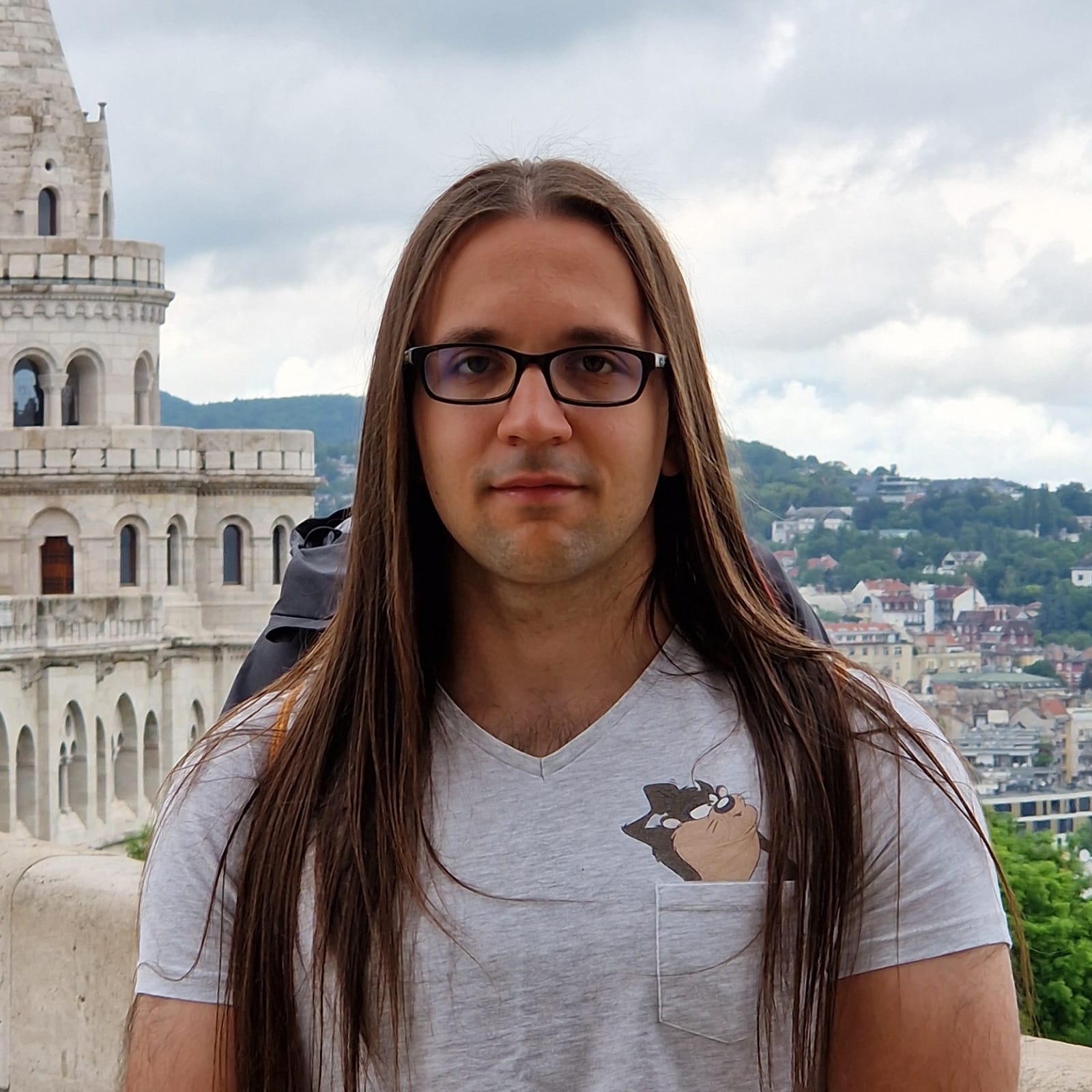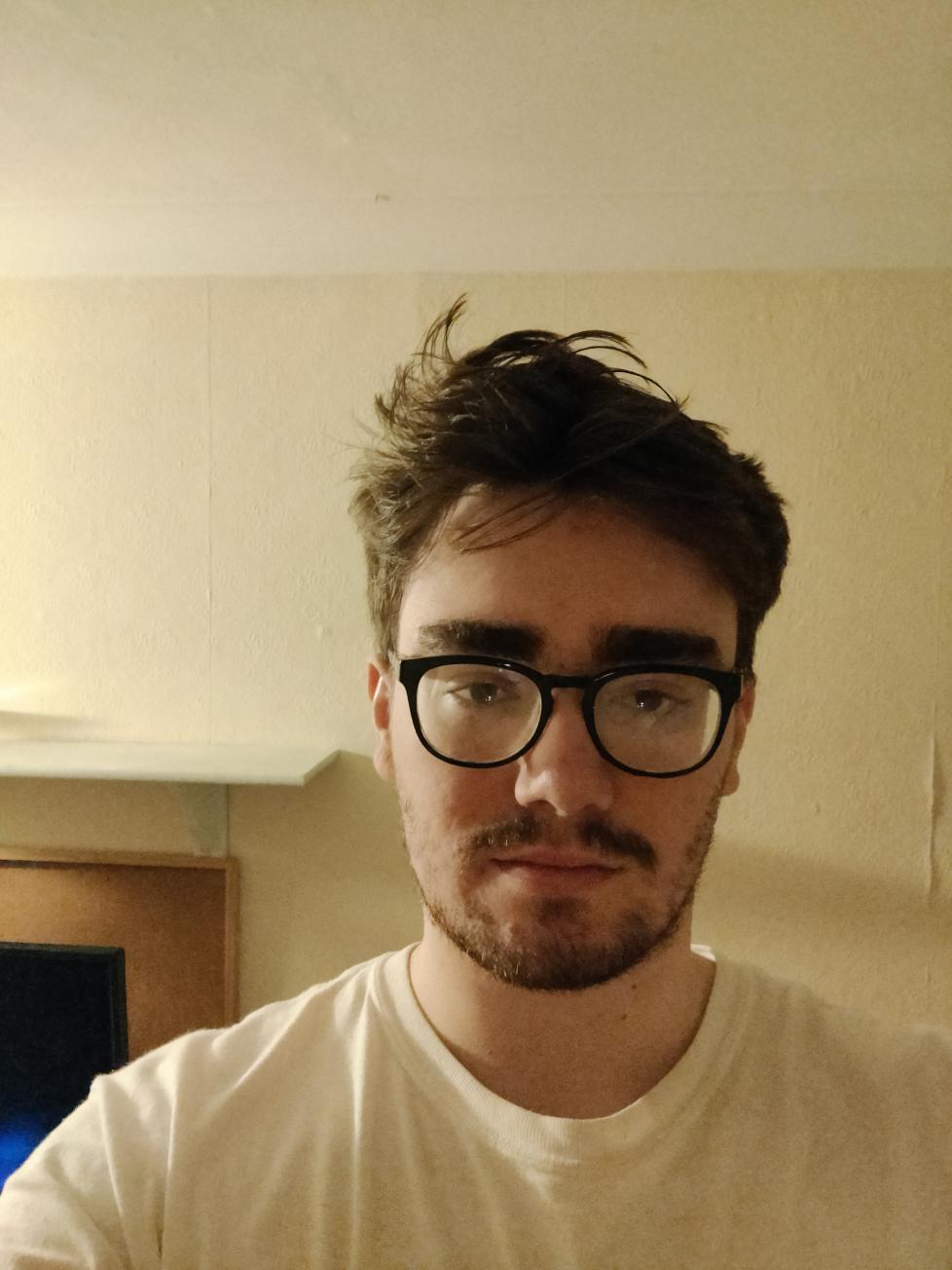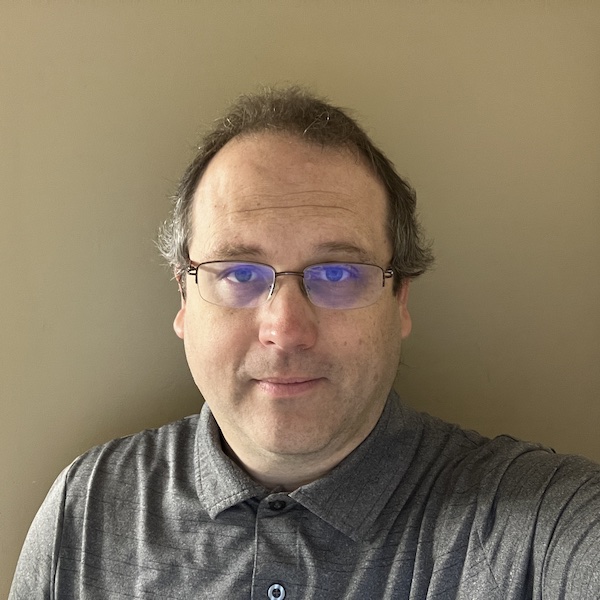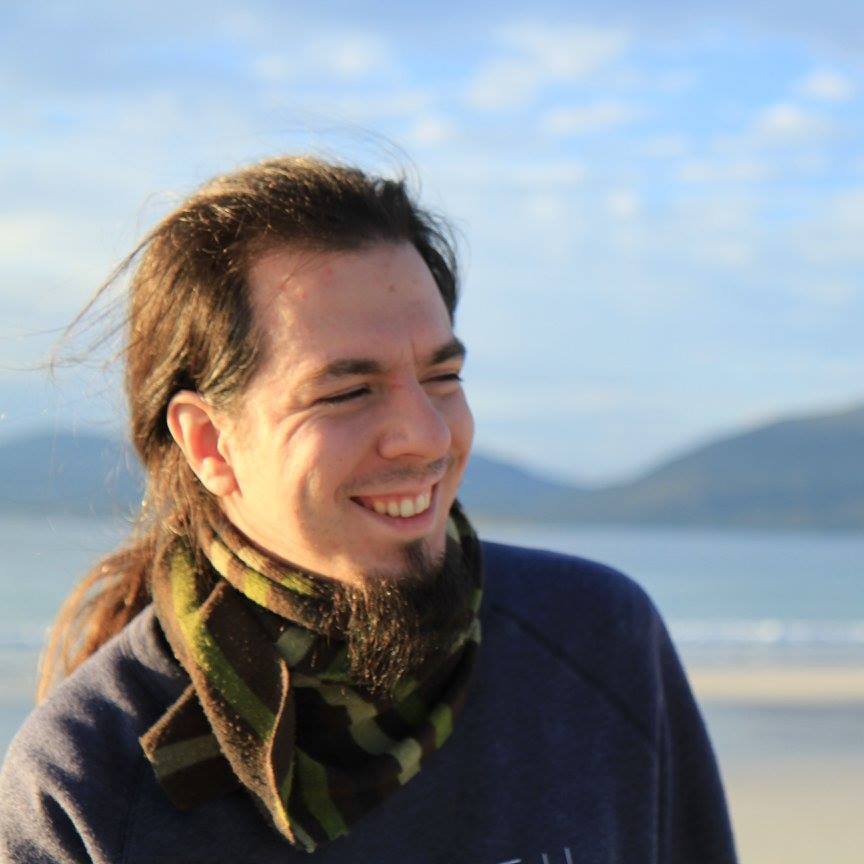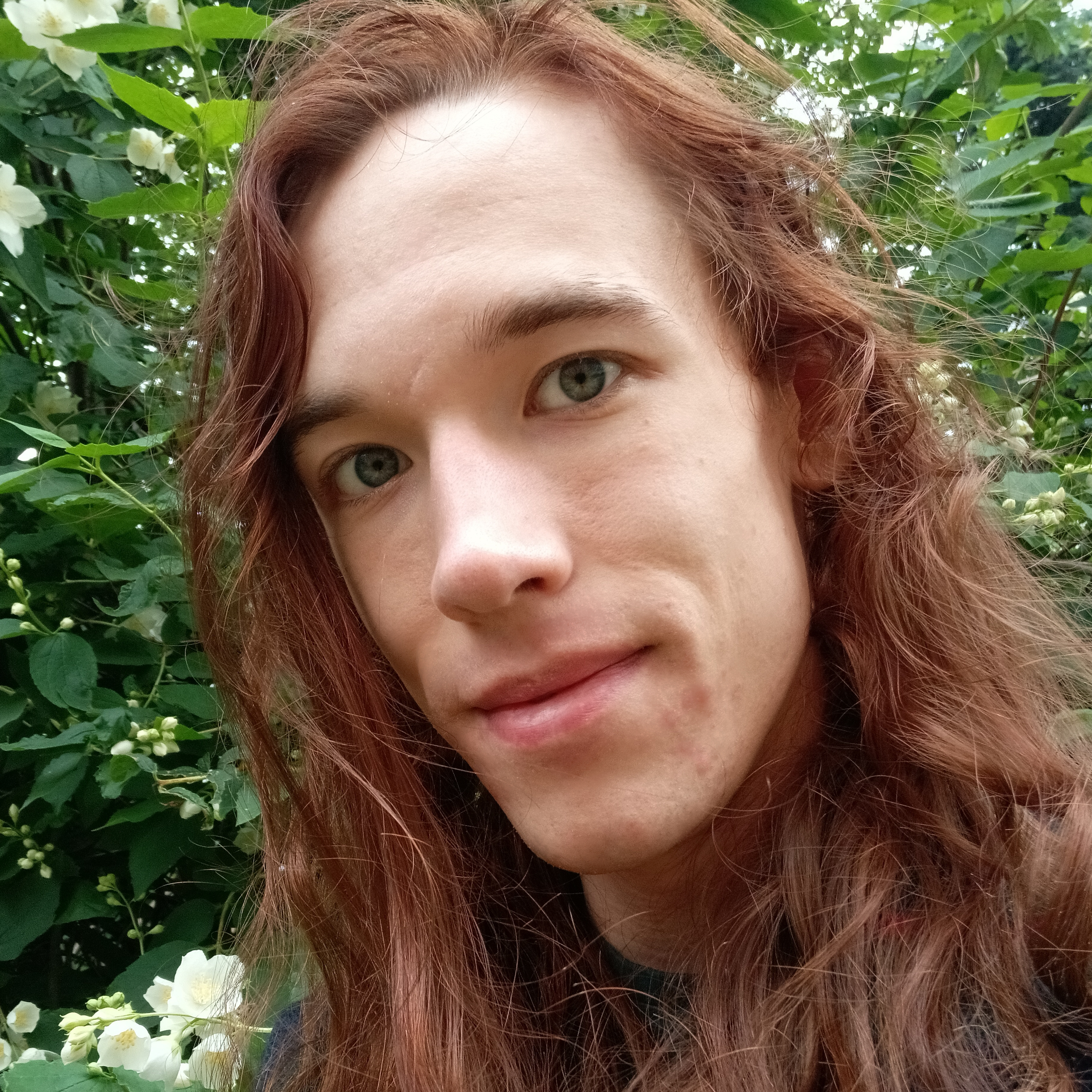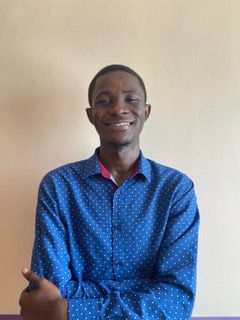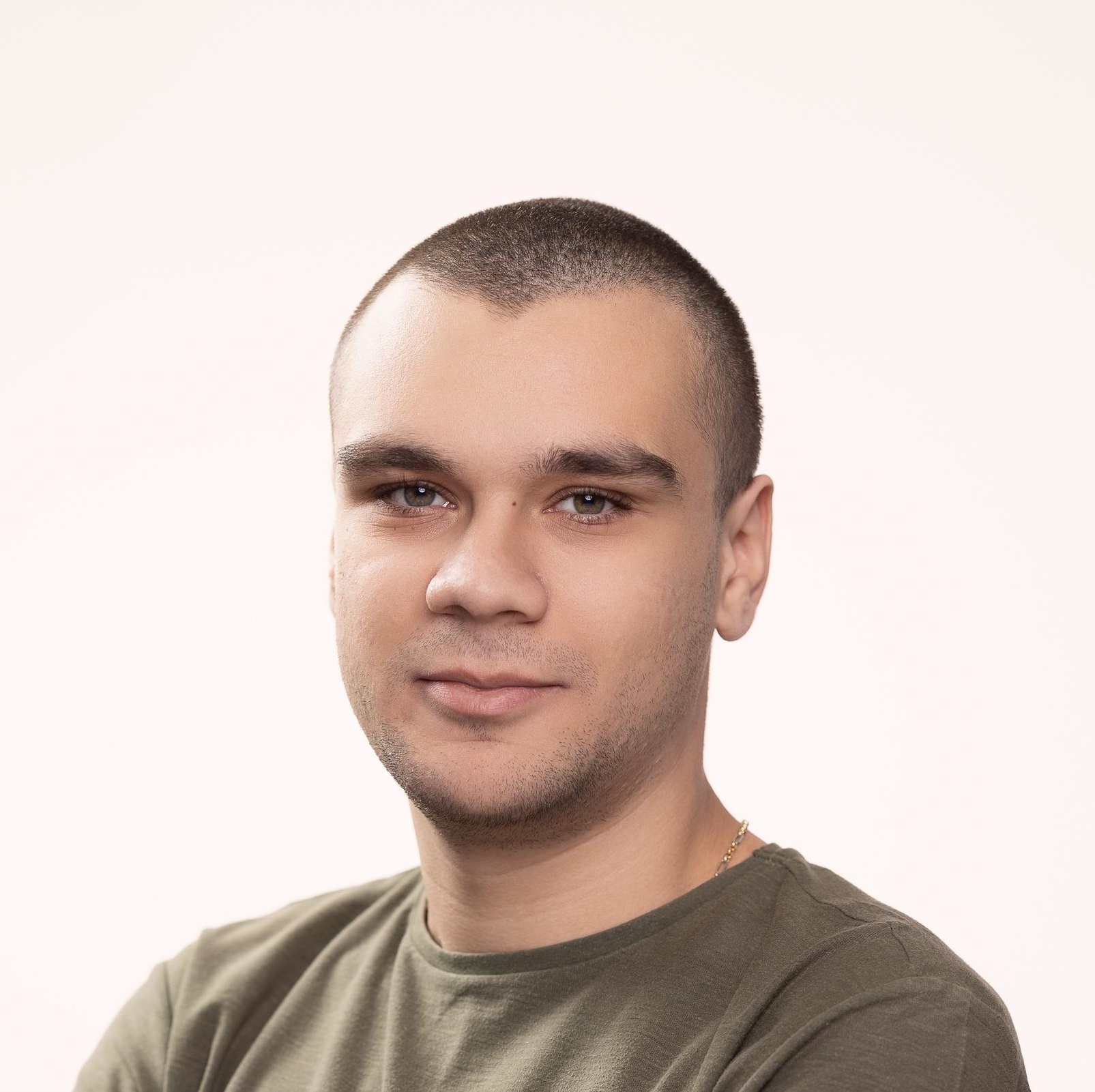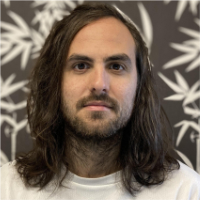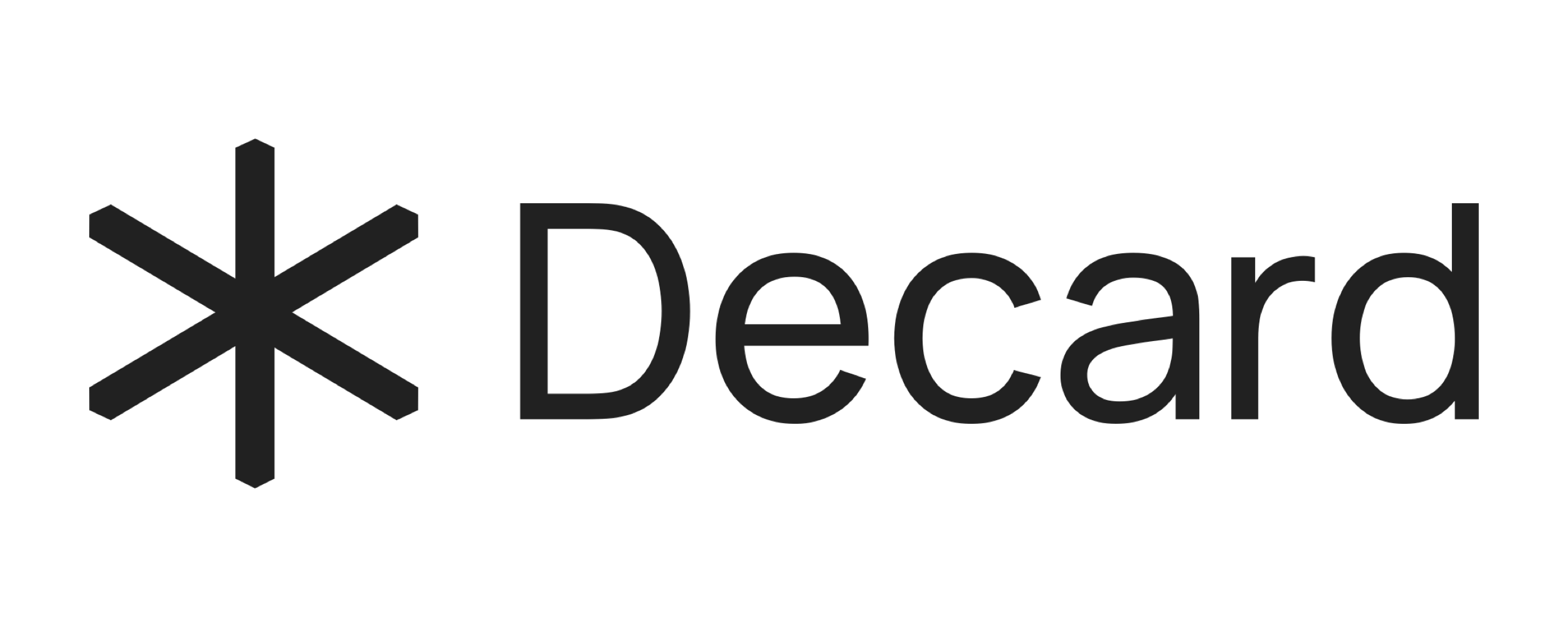September 17–20, 2024
Symmetry Investments and the D Language Foundation are thrilled to invite you to the D Programming Language Conference 2024 in London, from September 17–20. With help once more from our friends at Brightspace Events, we’re excited to return to our favorite venue, CodeNode.
DConf is more than a conference; it’s a community celebration. It’s where DLang enthusiasts and experts from across the globe converge for four days of knowledge sharing, collaboration, and fun. Though our regular online meetups are valuable, they can’t replicate the connection and energy of in-person interactions, be it during engaging sessions, casual chats, or our nightly BeerConf.
Whether you’re a seasoned DConf veteran or joining us for the first time, we can’t wait to welcome you to London!
Keynote Speakers

Walter Bright
Creator and Co-maintainer of the D Programming Language
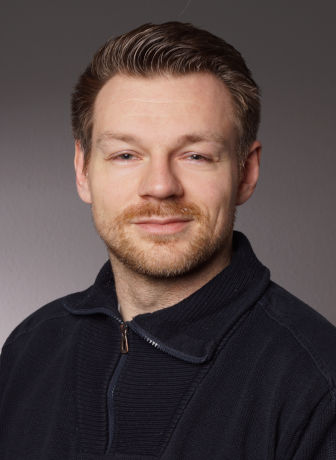
Robert Schadek
Programmer at Symmetry Investments and D Core Team Member
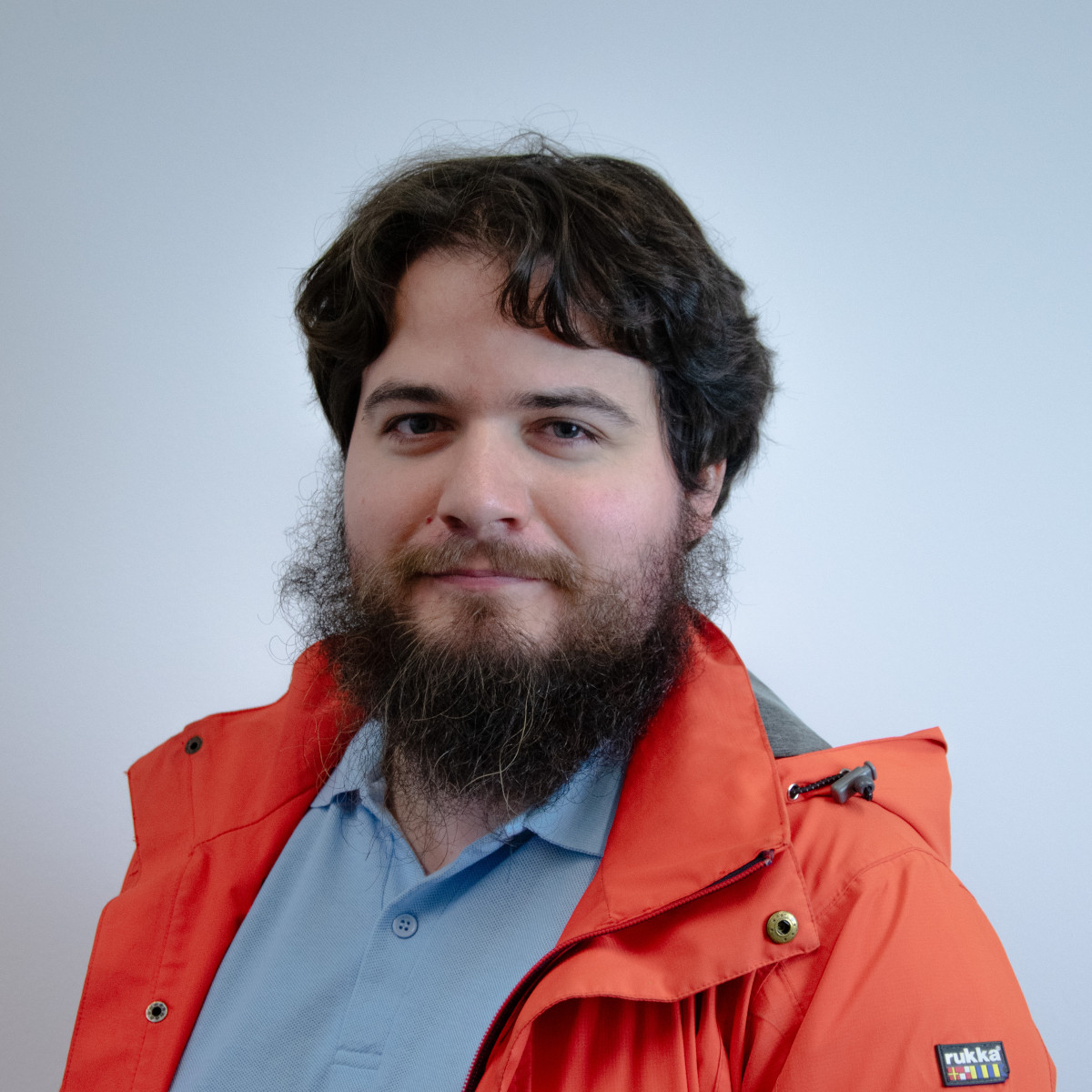
Timon Gehr
Researcher at ETH Zürich and D Core Team Member

